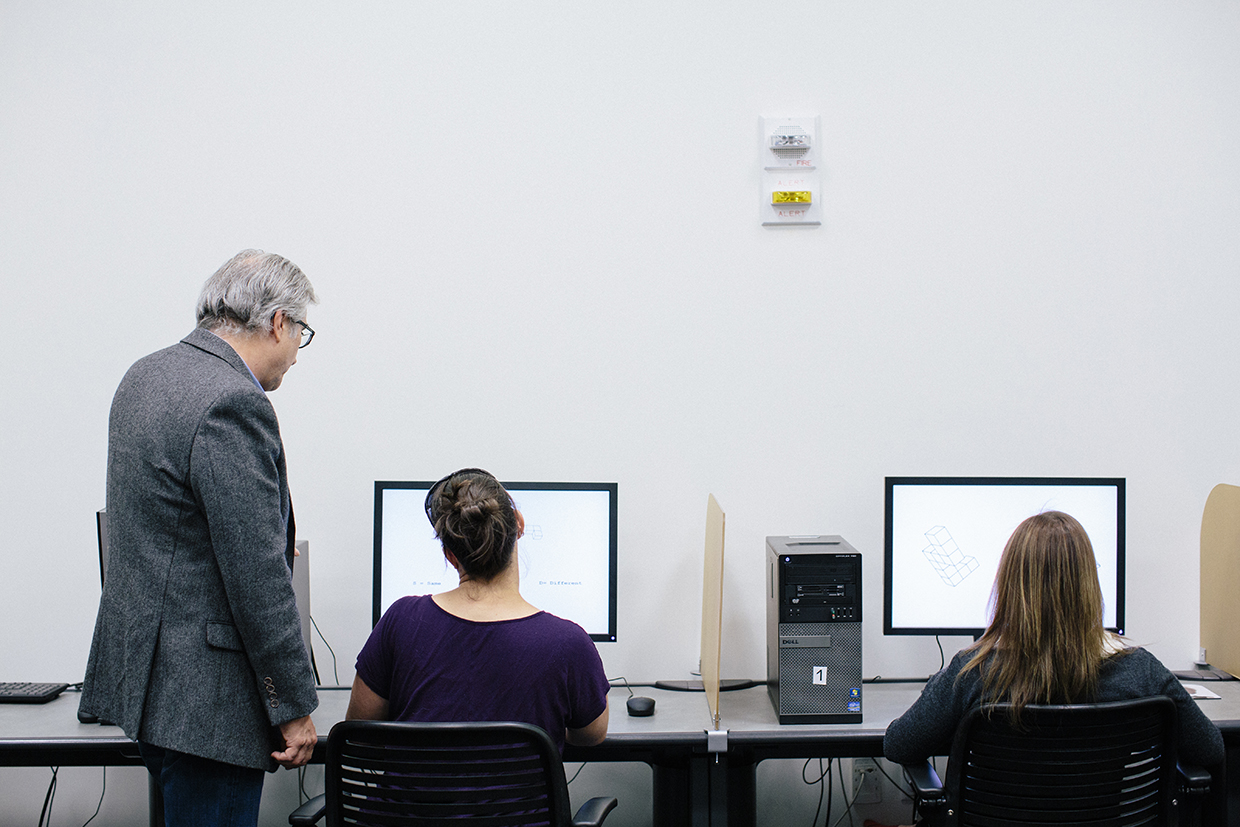
Students’ professional development is addressed formally and informally throughout their tenure in the program. This includes being mentored by and working in collaboration with faculty, all of whom are actively professionally engaged. Faculty provides significant informal professional development that is supplemented by several formal activities that students encounter throughout their training:
Professional Seminar (PSY 200A & B). This required two-semester course completed in Year 1 acquaints early-stage students in core professional knowledge and skills central to the discipline of psychological sciences, as well as the research topics of focus by faculty in Psy Sci at UC Merced. A range of professional topics and competencies are taught, such as preparation of a pre-doctoral fellowship application, peer review, human subject ethics, literature database searching, writing journal articles, and journal submission, review, and publication. In addition, each Psy Sci faculty discusses his/her research program in turn in a class meeting, providing students with a broad exposure to psychological sciences and different faculty members’ expertise.
Area seminar series. Each area conducts a seminar series through weekly or biweekly meetings during the academic year, which students in that area are expected to attend. Although specifics vary across the areas, the seminars contain a mixture of faculty and student research presentations, professional topic discussions, and journal article discussions.
External speakers. Each area typically invites several external experts each year, who present their research program formally as well as meet with groups of students informally for professional development discussions.
Professional workshops. Areas also arrange day-long workshops for students and faculty to develop additional research competences. Examples of past topics include missing data management and a 3-part workshop on ecological momentary assessment.
Attendance at professional conferences. Students are expected to present their research at scientific-professional conferences, typically starting in Year 2. Thus far, every student has attended at least 3 conferences prior to graduation. Financial assistance is provided to cover most of this cost from various funding sources.
In addition, the Graduate Division provides numerous opportunities for professional development throughout the year.
Updated 2021

